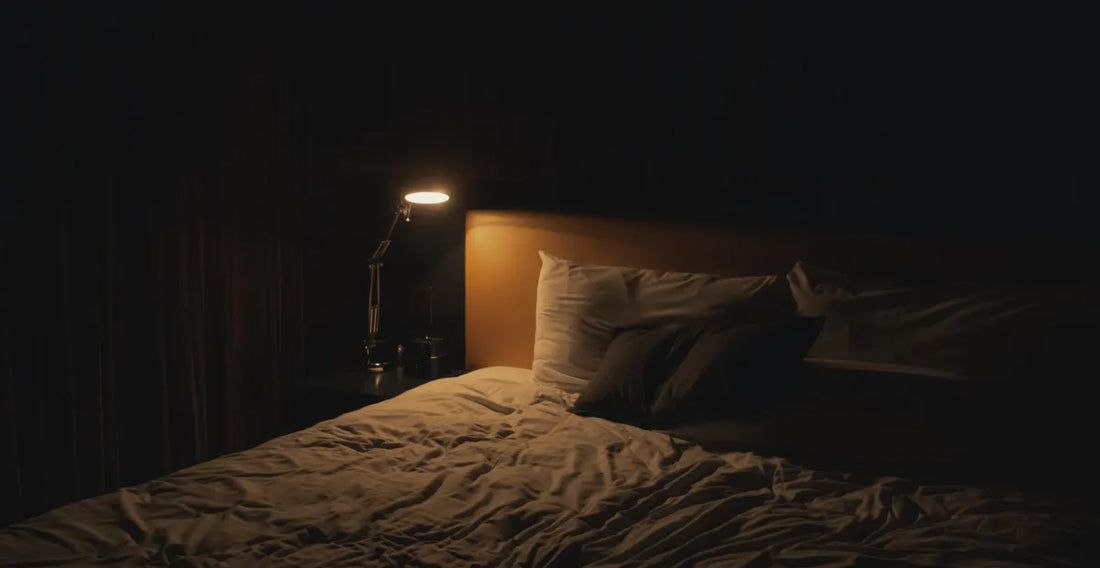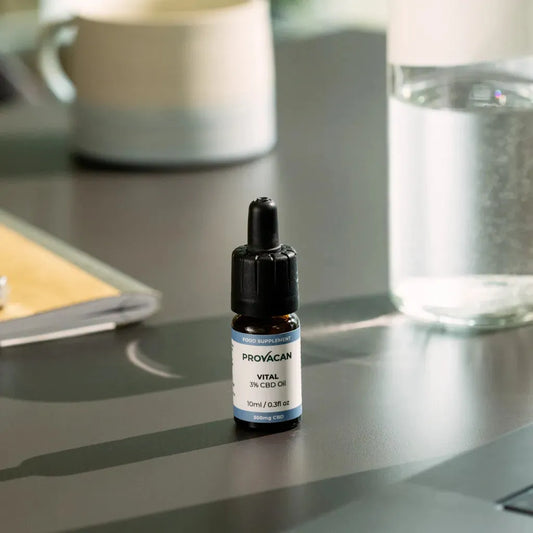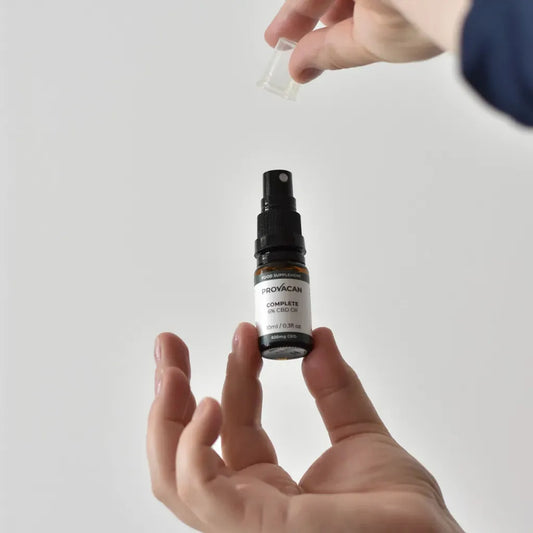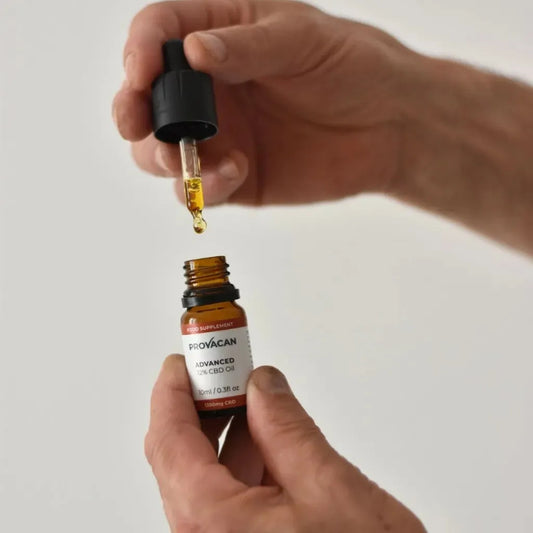Top mistakes people make when using CBD before bed
1. Misinterpreting CBD as a Direct Sleep Inducer:
Many people mistakenly believe that CBD directly induces sleep like some traditional sleep aids. However, unlike these aids that may cause drowsiness or a sedative effect, CBD works by interacting with the body's endocannabinoid system. This interaction can help regulate sleep patterns and improve sleep quality, rather than directly causing sleep.
2. Overlooking the Importance of Consistent Use:
For optimal benefits, CBD should be used consistently rather than as a one-off solution for sleep troubles. Regular use can assist in maintaining a balance in the endocannabinoid system, which can positively influence sleep quality over time. This approach contrasts with the common mistake of expecting immediate results from a single use of CBD before bedtime.
3. Ignoring the Impact of CBD Form and Dosage:
The form of CBD (such as oils, capsules, or gummies) and the dosage can significantly influence its effectiveness for sleep. CBD oil, for instance, tends to have faster absorption and higher bioavailability compared to capsules. Moreover, starting with a lower dose and gradually increasing it if needed can help find the sweet spot for individual sleep needs. This approach counters the error of using a high dose right from the start, which might not be necessary or effective for everyone.
4. Misunderstanding CBD's Role in Sleep Quality:
Another common misconception is equating the length of sleep with its quality. While CBD can aid in improving the quality of sleep, it doesn't necessarily extend the duration of sleep. Quality sleep is about how well you sleep, which includes aspects like the sleep cycle and the depth of sleep. CBD can help in achieving a more restful and restorative sleep, addressing issues like waking up frequently or feeling unrested despite long hours of sleep.
5. Neglecting Other Sleep Hygiene Practices:
Relying solely on CBD for better sleep can overlook the importance of comprehensive sleep hygiene practices. Factors like a regular sleep schedule, a comfortable sleep environment, and avoiding stimulants before bed play a crucial role in achieving good sleep quality. Integrating CBD use with these practices can offer a more holistic approach to improving sleep.
6. Misjudging the Timing of CBD Intake:
The timing of taking CBD can influence its effectiveness for sleep. It's advisable not to consume CBD immediately before bedtime. Instead, taking it a couple of hours before going to bed can allow enough time for it to be absorbed and start working on improving sleep quality. This understanding counters the mistake of expecting instant sleep-inducing effects from CBD right before bed.
In summary, understanding and addressing these common misconceptions and mistakes can enhance the effectiveness of CBD in improving sleep quality. It's about using CBD correctly, consistently, and in conjunction with other good sleep practices.
























